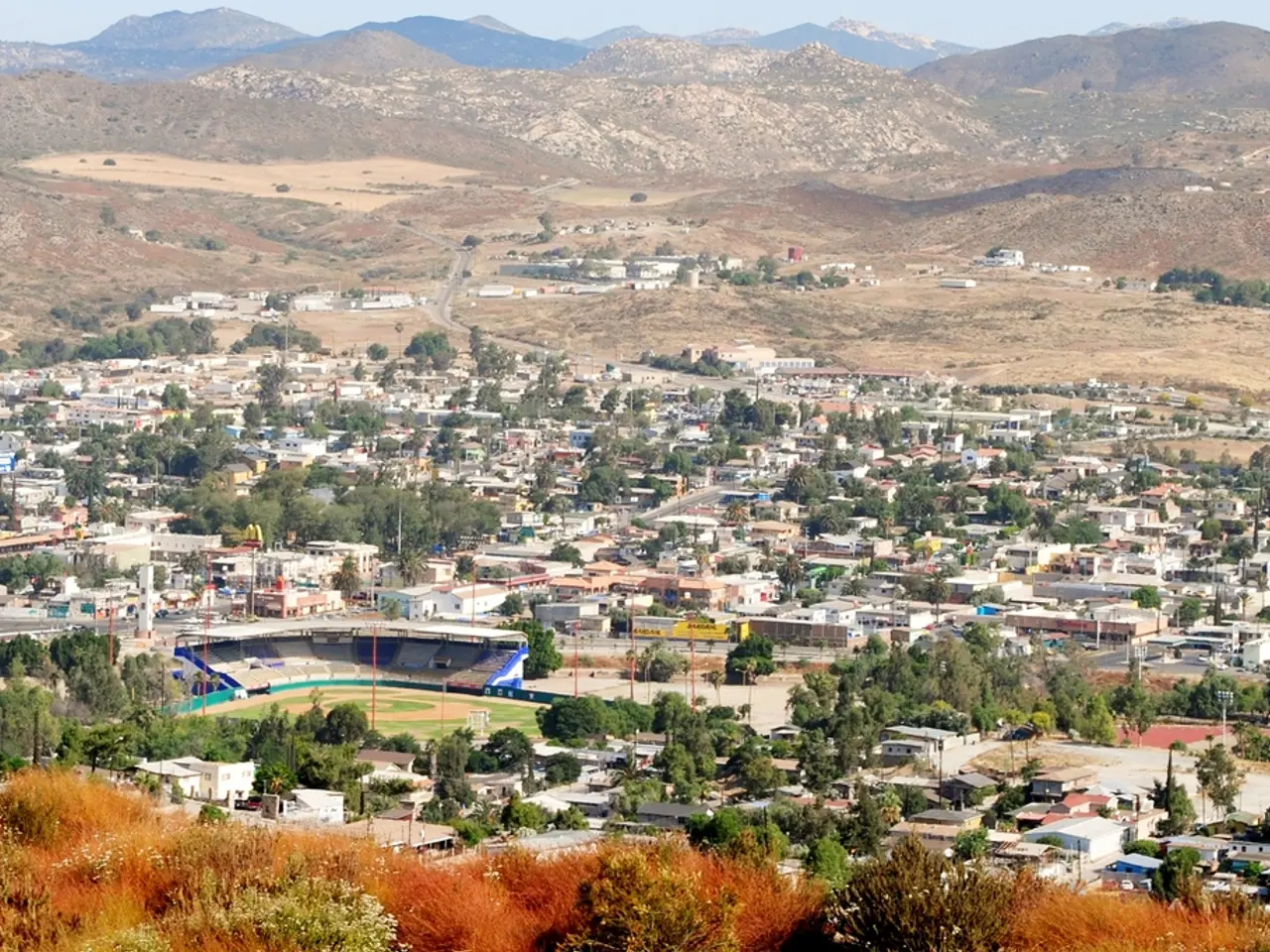Struggle between Labour and Rural England: Potential Financial Burden for Rayner's Council Tax overhauls could rest on countryside regions
In a move aimed at unlocking more funds for deprived areas, Angela Rayner's council tax reforms are raising concerns about fairness and regional disparities. The changes, which disproportionately impact rural and county areas in England, could see middle-class families face an annual increase of around £376 in council tax[1].
Under Rayner’s plan, the tax burden in these areas rises to support poorer communities. However, this approach has sparked criticism, with critics arguing that it disproportionately affects middle-class families in rural counties, potentially increasing living costs where incomes might already be lower[1]. This has fuelled a broader political debate about taxation fairness and housing policies.
The Institute for Fiscal Studies has warned that the new funding formula will create big winners and losers, with those in the home counties likely to suffer budget cuts unless council taxes rise[2]. Analysis by the County Councils Network supports this, finding that rural and county local authorities will lose close to half a billion pounds in Government cash over the next three years due to Ms Rayner's attempts to level up the system[3].
Tory leader Kemi Badenoch has branded this move as 'spiteful', claiming it will push more cash into traditional Labour areas[4]. The Government's proposals place a disproportionate burden on taxpayers in county areas to fund local services and redistribute funding to urban areas[5]. Metropolitan authorities will receive £1.2billion, and a proposal to redistribute £1.6billion in council tax income will benefit urban areas at the expense of the countryside[5].
In response, the County Councils Network (CCN) states that 16 authorities, including some in the Midlands and North, will lose £470million of funding over the next three years[3]. Some 16 county and rural councils will see reductions in grant funding due to the Government's proposals[3]. The CCN has demanded an urgent injection of cash from Whitehall to fill the gap, warning town halls on the brink would otherwise be unable to provide crucial care for the elderly and vulnerable children[6].
The controversy surrounding Rayner's reforms extends beyond the policy itself. Her personal property and tax affairs have drawn scrutiny, with accusations of hypocrisy since she benefits from public payments on her own properties while raising taxes on ordinary families[1][4]. This has prompted questions about the transparency and propriety of her declared primary residence and tax arrangements amid these reforms[1][4].
In summary, Angela Rayner’s council tax reforms increase rural council tax to fund deprived areas, which has stirred debate about fairness. Concurrently, her personal property and tax affairs have drawn scrutiny that feeds into political and public discussions about the equity and credibility of her policies. It is crucial for the Government to address these concerns and ensure a fair and balanced approach to funding local services across England.
References:
- The Telegraph
- The Guardian
- County Councils Network
- BBC News
- LocalGov
- The Times
Read also:
- Condor Reveals Q2 Results for 2025 and Secures a $5 Million Bridge Loan
- More than half of British homes adhere to insulation standards established during the 1970s.
- While Éowyn's storm caused a massive €301 million in damages, fossil fuels maintain their position as the leading power source.
- Transition in Energy: Merz Administration Plans Enactment of Heating Revolution from 2026




